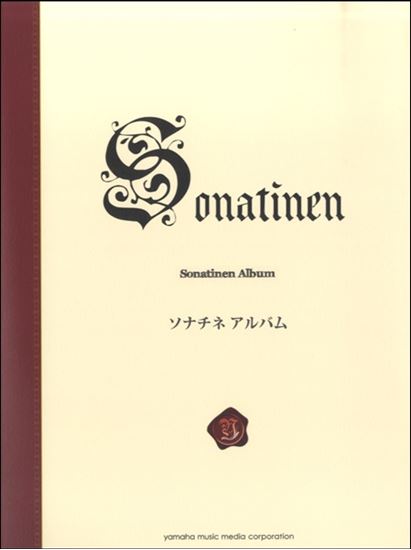Home > omnibus > Sonatine Album 1 > Six Sonatinas No.3 C-Dur > Mov.1 Allegro con spirito C-Dur
Kuhlau, Friedrich : Six Sonatinas No.3 Mov.1 Allegro con spirito C-Dur
Work Overview
Genre:sonatina
Total Playing Time:3 min 50 sec
Copyright:Public Domain
Commentary (1)
Author : Kumamoto, Ryohei
Last Updated: January 16, 2025
[Open]
Author : Kumamoto, Ryohei
Small-Scale Sonata Form
Exposition:
- First Theme Exposition (measures 1-8)
- Transition (measures 9-12)
- Second Theme Exposition (measures 13-16)
- Closing (measures 17-20)
- Small Coda (measures 21-24)
Development:
- Partial Development of Theme (measures 24-26)
- Sequence (measures 26-30)
- Transition (measures 31-35)
Recapitulation:
- Transition (measures 36-40)
- Second Theme Exposition (measures 41-45)
- Closing (measures 46-49)
- Coda (measures 50-57)
In the recapitulation, the omission of the first theme and the commencement from the transition section is considered an unusual instance.
Characteristics of Each Theme
The first theme spans measures 1 to 4. The theme develops from measures 5 to 8, and the exposition of the first theme is established by measure 8.
It begins with an anacrusis on a sixth chord, and a melody progresses stepwise while the left hand sustains the tonic as an eighth-note pedal point. The structure is divided into two parts: in the first half (measures 1 to 2), the melodic line proceeds in double stops, and the accompaniment is a tonic pedal point. In the second half (measures 3 to 4), the melodic line features sixteenth-note scalar ascending and descending passages, leading to a half cadence.
From measure 5, the pedal point in the accompaniment becomes the dominant, starting with an imperfect cadence and concluding with a perfect authentic cadence at measure 8. This sequence, comprising the theme (measures 1 to 4) and its development (measures 5 to 8), progresses from a half cadence to a perfect authentic cadence, forming a paired movement.
Overall, the theme possesses a smooth character with a strong sense of horizontal flow due to its stepwise progression.
In contrast, the second theme begins with an anacrusis at measure 12; its tonality is A minor, the relative key, and it possesses a striking, disjunct, and rhythmic character marked by staccato and accents.
In terms of scale, the first theme is four measures long, whereas the second theme is two measures. The two themes are considered to have contrasting characters.
In sonata form (including sonatinas), the first and second themes are the axes of the composition; therefore, accurately grasping and expressing their characters is considered one of the crucial aspects when performing these sonatas and sonatinas.
PTNA & Partner Channel Videos(5items)
Sheet Music
Scores List (12)

(株)音楽之友社

(株)春秋社

(株)全音楽譜出版社

(株)ドレミ楽譜出版社

(株)ドレミ楽譜出版社

(株)ドレミ楽譜出版社

(株)ドレミ楽譜出版社

(株)ドレミ楽譜出版社

(株)ヤマハミュージックエンタテインメントホールディングス

(株)全音楽譜出版社

(株)音楽之友社

(株)全音楽譜出版社





